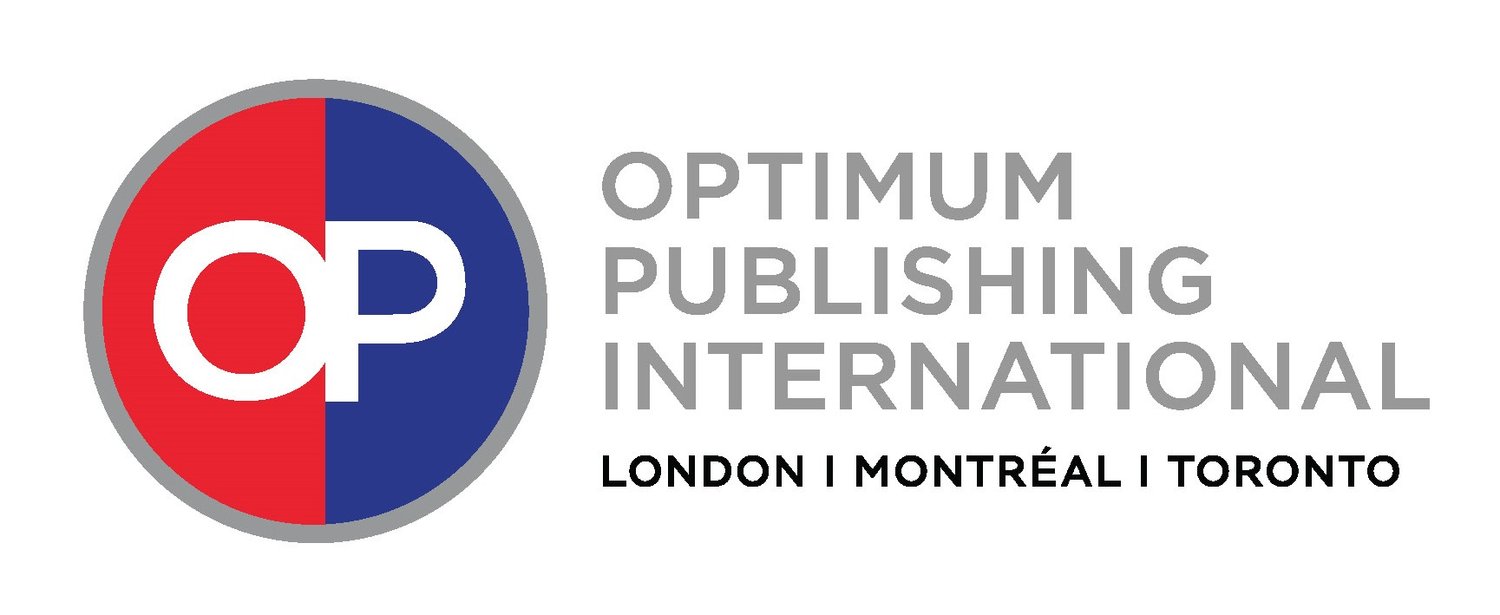No other book has examined the ramifications of how governments throughout Canada faced a deadly virus that killed the elderly in such high numbers and rendered many others inflicted with the first waves of the virus deadly ill and, in some cases, with what has now become known as Long Covid. While many felt the government was acting in the best interests of society, as we moved into years two and three, lockdowns, mask mandates and kids not at school started to tear away at the very fabric in society. People were denied the right to meet, attend funerals and see friends.
What started out as an essential response to the unknown turned out to be what some thought was government overreach. Many refused to get vaccines which became a rallying cry for disgruntled folks from the prairies ultimately leading to the Freedom Convoy and the Federal government’s response. The invocation of the Emergency Act to clear Ottawa of the convoy had overstayed their welcome and had many Ottawa citizens fearing for their safety, according to some.
No matter how you feel about how the government handled the Pandemic Civil liberties were trampled on, and judges sided with the government rather than individual or group rights. Baron and Van Geyn take you on a fascinating journey through the pandemic through the eyes of the law and citizen’s rights. A must-read for anyone concerned with citizens’ rights and government overreach.

![PandemicPanic_Comp[134724].jpg](https://images.squarespace-cdn.com/content/v1/5ac00835f93fd48af4b6575d/1696458219268-7RX5FQOXSWP8VC6YIOD9/PandemicPanic_Comp%5B134724%5D.jpg)